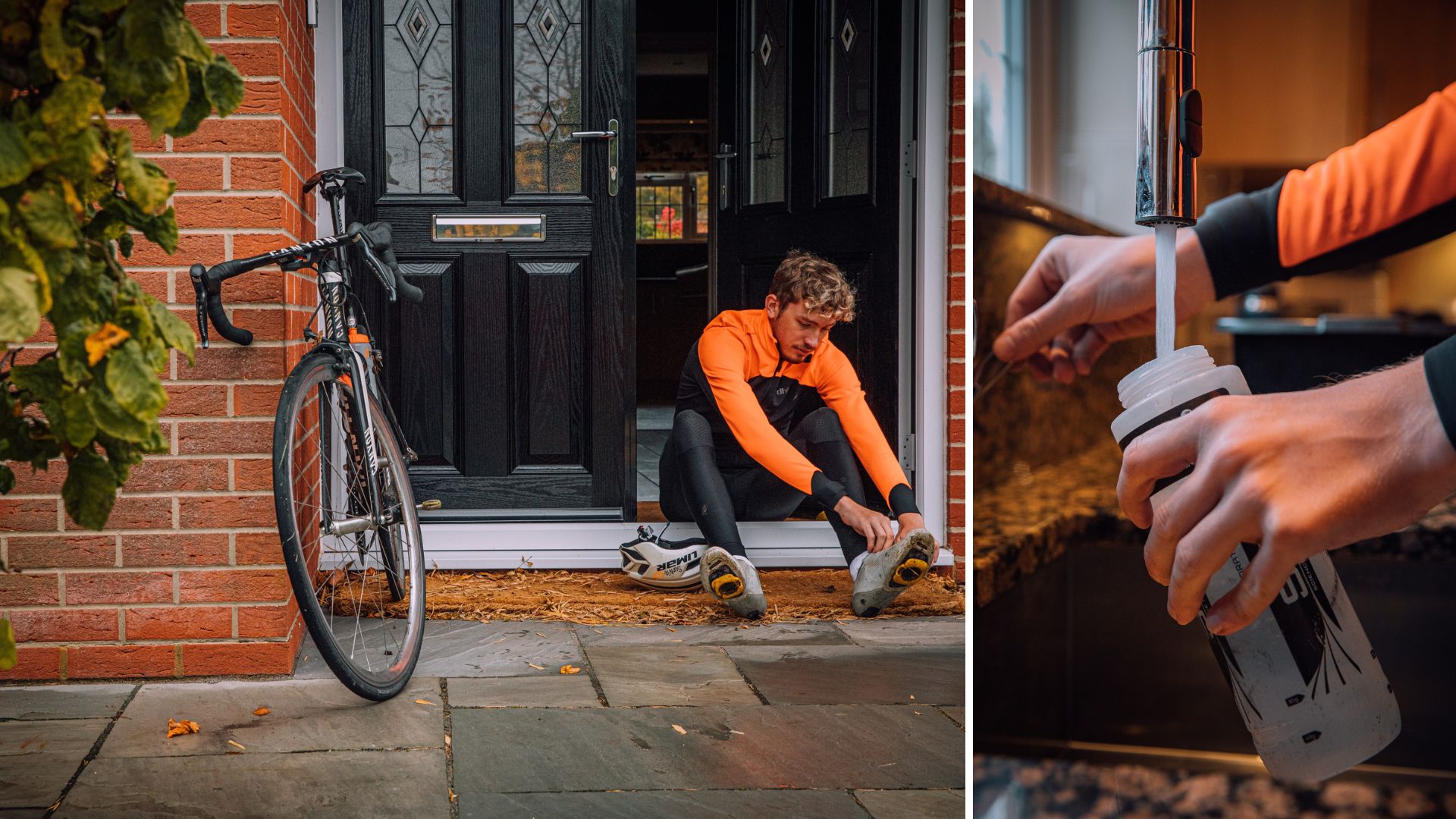Could 'sober curiosity' make you a better cyclist?
Alcohol sales are declining and the 'sober curious' tribe is growing - could ditching the drinks increase your performance?
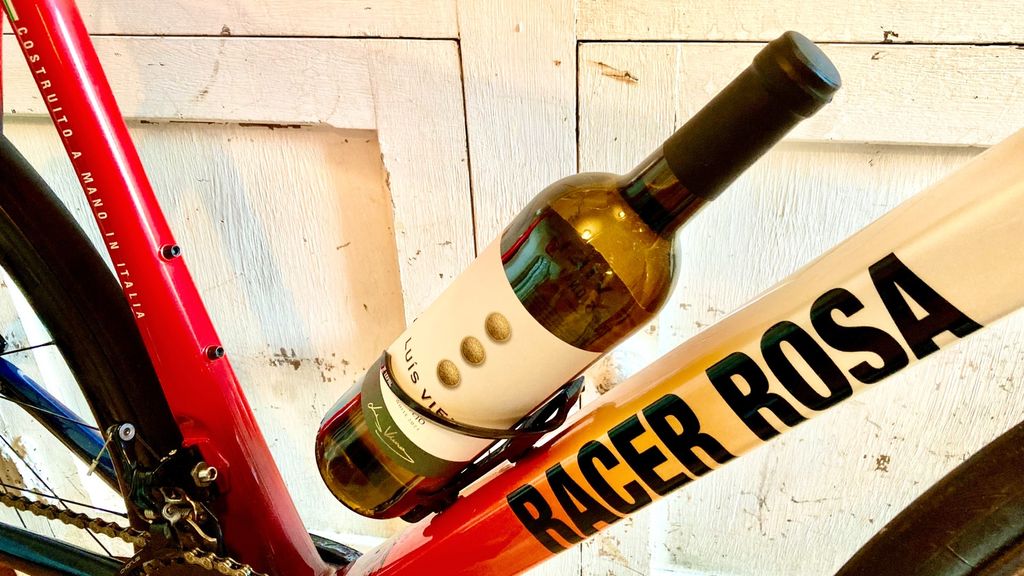
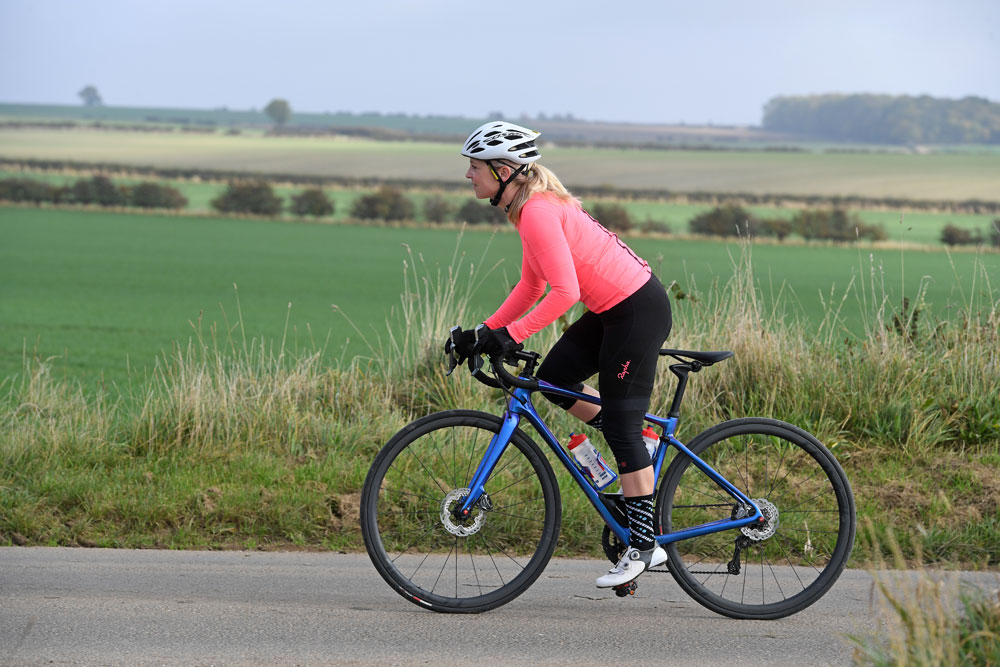
In our 'Will It Work?' series, Sports Science expert Hannah Reynolds investigates common fitness hacks, to determine if they're really any good for the time crunched athlete.
Being ‘sober curious’ is a strange expression: even for those of us who like a drink we know what being sober feels like. But the trend towards a more sober lifestyle, giving up all alcohol or dramatically reducing alcohol intake, is becoming much more widespread. Alcohol use represents one of the greatest reasons for premature death and ill health, The World Health Organization made it a public health priority to reduce harmful alcohol use by 2030.
There is no completely safe level of drinking alcohol but you can occasionally enjoy drink without it being damaging and there are clear NHS guidelines on alcohol consumption. Alcohol consumption in the UK has gone down since the early 2000s, the UK’s national health surveys in 2022/2023 showed that around 20% don’t drink at all and another 20% drink an amount that could be harmful, however the vast majority of people drink at levels that don’t put them at risk of alcohol related harm. But, sales of non-alcoholic drinks are on the increase and a quick scroll of social media will quickly turn up a health influencer talking about how reducing alcohol has improved their well-being, lead to better relationships and elevated their fitness. Being sober is definitely having a moment, but will it make you a better bike rider?
What effect does alcohol really have on performance?
Dr Andrew Marley, a lecturer in Sport Science at Abertay University examined the effects of consuming a moderate amount of alcohol during cycling. Whilst perhaps a little extreme (most of us are more likely to drink after training, or perhaps the night before, than during),his research was prompted by “physiological curiosity –research looks at how carbohydrate and fat are used during cycling, but at the end of the day alcohol does provide energy, it does provide calories.” Alcohol is used as a fuel by your body, “whenever you drink alcohol it is preferentially oxidised for energy over other nutrients as it’s something your body doesn’t want, but alcohol has a maximum oxidative rate which is quite slow,” this slow processing is why people who have had a lot to drink can still be drunk the next day.
For more intense exercise your body relies more heavily on carbohydrate so having alcohol present slows down oxidation rates “when you are exercising sub-maximally having alcohol doesn’t make a lot of difference but research looking at the effects of alcohol on time trial performance found power output was significantly reduced. If you drink a lot the night before an event, then yes that will affect your performance the following day.”
No one is going to drink alcohol before a race and expect to perform well, but they may drink daily during periods of training, “if you drink every day you are going to cause damage to your liver.” Your liver as well as your muscles store glycogen which is used as a fuel for exercise, “if the liver isn’t doing its job properly you can’t exercise for as long or as hard, over time your fitness will decline.” So, is it possible to drink and still be a good cyclist? “From a physiological point of view it is probably better to not drink at all and then have an occasional blow-out, but there are obviously risky and harmful behaviours associated with that.”
In reality this approach of not drinking during training and competition but celebrating after is more in line with how athletes do drink, “athletes are more likely than the general population to drink. I was a rugby player and it was very definitely part of the culture there. In individual sports the tendency is to not drink at all but when they do they go wild!”
Get The Leadout Newsletter
The latest race content, interviews, features, reviews and expert buying guides, direct to your inbox!
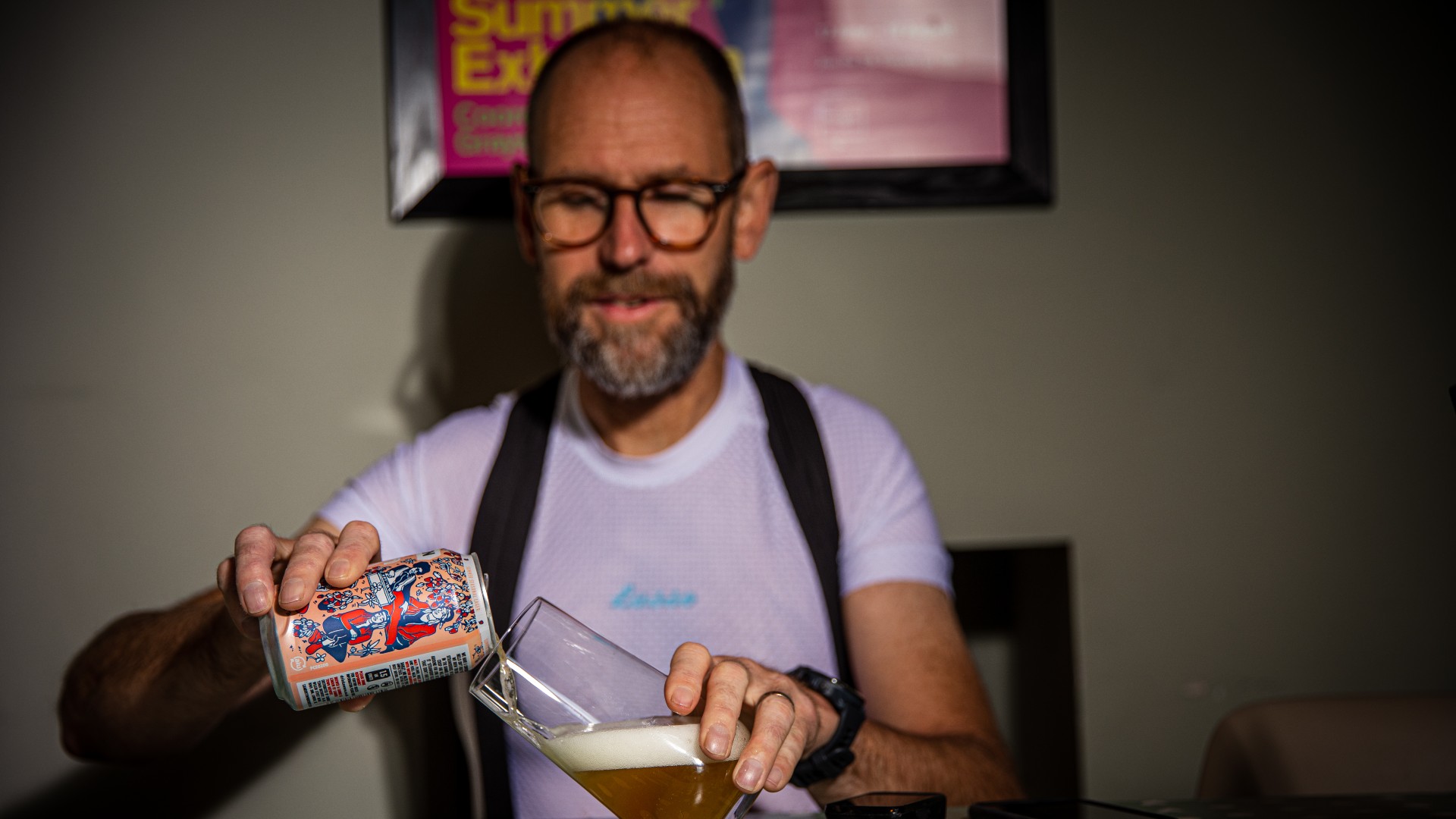
Does that post-ride tipple interfere with the benefits?
Dr Britt Hallingberg is a Reader in Public Health at Cardiff Metropolitan University, and has studied some of the relationships between alcohol and sport, “a positive relationship between sports participation and alcohol consumption is often found in studies, there are social norms in some sports that include drinking practices.” Cycling as an individual sport, though, is slightly different, “when you look at the relationships with alcohol and sports it is primarily found among young males in team sports.” However, even with non-team sports there may be reasons why those who enjoy such activities may be more likely to enjoy drinking, “there are different theories around this, but for example there is an increase in sociability through sport and there is an element of personality. There is some research that highlights the role of sensation seeking, those who engage in sports might also want to engage in other thrill-seeking activities.” Individuals might feel that some healthy behaviours can compensate for less healthy behaviours, like drinking or a poor diet, “it is really difficult to lead a perfectly health conscious lifestyle, some health behaviours may be easier to maintain in the long run if small pleasures are allowed along the way,” concludes Dr Hallingberg.
An often cited motivation of those giving up or reducing alcohol is that it makes it easier to build or maintain other healthy behaviours when alcohol is removed – for example a few drinks in the evening can often lead to snacking or poor food choices, a later night, disturbed sleep and a cloudy unmotivated head the next morning.
Pros and cons of going sober
+ Improved health: Reducing or eliminating alcohol can lead to better liver function, lower blood pressure, and overall enhanced physical health.
+ Better mental clarity: Alcohol can impair cognitive function. Giving it up can result in increased mental clarity and better decision-making skills.
+ Healthy diet: Alcohol has a high calorie content which can lead to weight gain.
+ Enhanced sleep quality: Eliminating alcohol can lead to more restful and restorative sleep.
+ More enthusiasm for cycling: Without the hangovers and lethargy associated with alcohol, you may find you have more energy for early rides and training sessions.
- Social pressure: Social settings often involve alcohol, and abstaining can sometimes make you feel out of place or under pressure to drink.
- Perceived reduction in fun: For some, alcohol is associated with having a good time, and there may be a period of adjustment to enjoying social activities without it.
- Enjoying meals: Wine or beer as a part of a meal can add to your overall dining experience.
- Losing your rituals: If opening up a bottle of wine signals the evening or a beer with colleagues starts the weekend you may need to find replacement activities to give your day or week shape.
- Dependency concerns: If you are finding it difficult to reduce your drinking or are dependent on alcohol quitting can be particularly challenging and may require professional help. While a ‘pro’ in the long run the short term is challenging
We tried giving up alcohol

Hannah dropped the booze to test the theory
I only drink around 14 units a week if it’s my GP asking but between you, me and the fridge it is probably a bit more. I enjoy a cold beer after a hot dusty ride and I firmly believe that a glass of red wine is the best way to compliment a meal, but in the spirit of sober curiosity I prepared to give it up. I started out with having designated non-drinking days. Not drinking on week nights isn’t too much of a hardship but it did mean that come Friday evening I was more eager than usual to find the corkscrew, which didn’t help the early start for Saturday morning’s ride. Week two I switched it around so that evenings when I did allow myself a glass or two were after a ride but before an easy day. The third week I went alcohol free.
It’s hard to argue against the benefits of not drinking, I felt more alert in the mornings and went to bed on time, I ate more healthily and probably consumed less unnecessary calories. Without a drink I was a little bit more constructive with how I spent my evening.
Even for a moderate drinker there are noticeable differences when you give up alcohol but I also missed the ritual of a weekend beer after a ride and the social interaction of choosing and sharing a bottle of wine.
We say...
Giving up or reducing alcohol if you drink every day or exceed the suggested NHS guidelines will lead to health improvements, but even for those who drink healthily there may be benefits. Alcoholic drinks are frequently calorific and those calories could be better ‘spent’ on nutritious food that supports your training and recovery. Having an extra drink can have a knock-on effect to other behaviours; staying up late, impaired sleep, grabbing a take-away rather than your planned healthy dinner, all of which could affect your riding. Having regular no-drinking days and restricting your drinking to the times when you know you have an easy ride the following morning is probably the safest and healthiest way to still enjoy a drink and not give up altogether. My sober curiosity is satisfied by the experiment and while drink free days are here to stay I’m not retiring my corkscrew just yet.

Thank you for reading 20 articles this month* Join now for unlimited access
Enjoy your first month for just £1 / $1 / €1
*Read 5 free articles per month without a subscription

Join now for unlimited access
Try first month for just £1 / $1 / €1
Hannah Reynolds interest in cycling began while studying for a degree in Sports Science at the University College Chichester and surrounded by elite level cyclists. She is now undertaking a PhD at Sheffield Hallam University investigating the use of e-bikes by older people.
A committed dabbler whose passion outweighed her talent Reynolds has competed across all disciplines of cycling bar BMX. In the very distant past she has been south-east road race champion, southern cyclo-cross champion and finished third in the European 24hr Solo mountain-bike champs in 2011. She was also the Fitness Editor of Cycling Weekly for 15 years.
Hannah Reynolds is author of several cycling books, France-en-Velo a guide to the ultimate 1000 mile cycle route from the Channel to Med; Britain's Best Bike Ride. LEJOG1000; A 1000 mile journey from Land's End to John o' Groats and 1001 Cycling Tips.
-
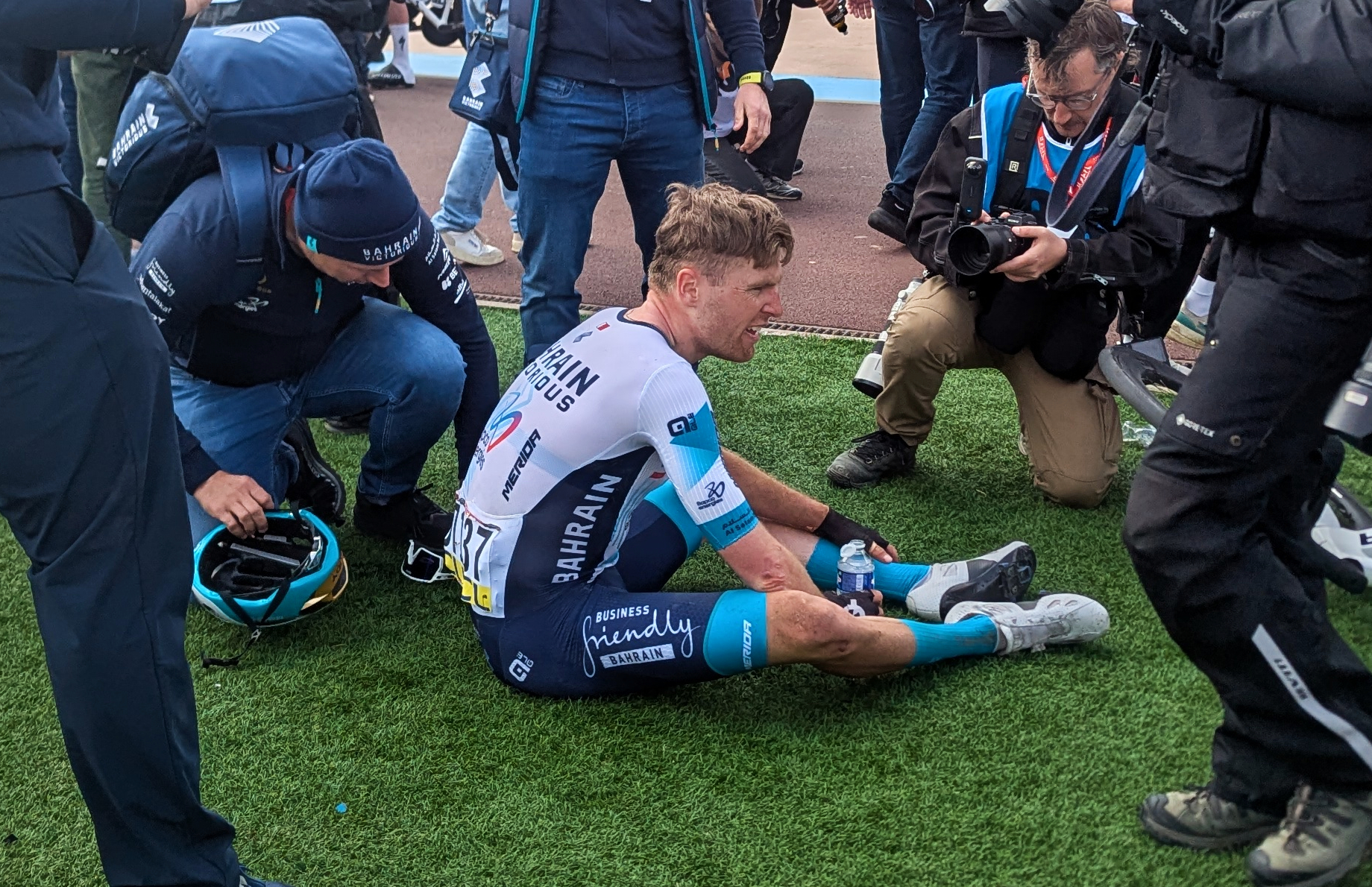 'I'll take a top 10, that's alright in the end' - Fred Wright finishes best of British at Paris-Roubaix
'I'll take a top 10, that's alright in the end' - Fred Wright finishes best of British at Paris-RoubaixBahrain-Victorious rider came back from a mechanical on the Arenberg to place ninth
By Adam Becket Published
-
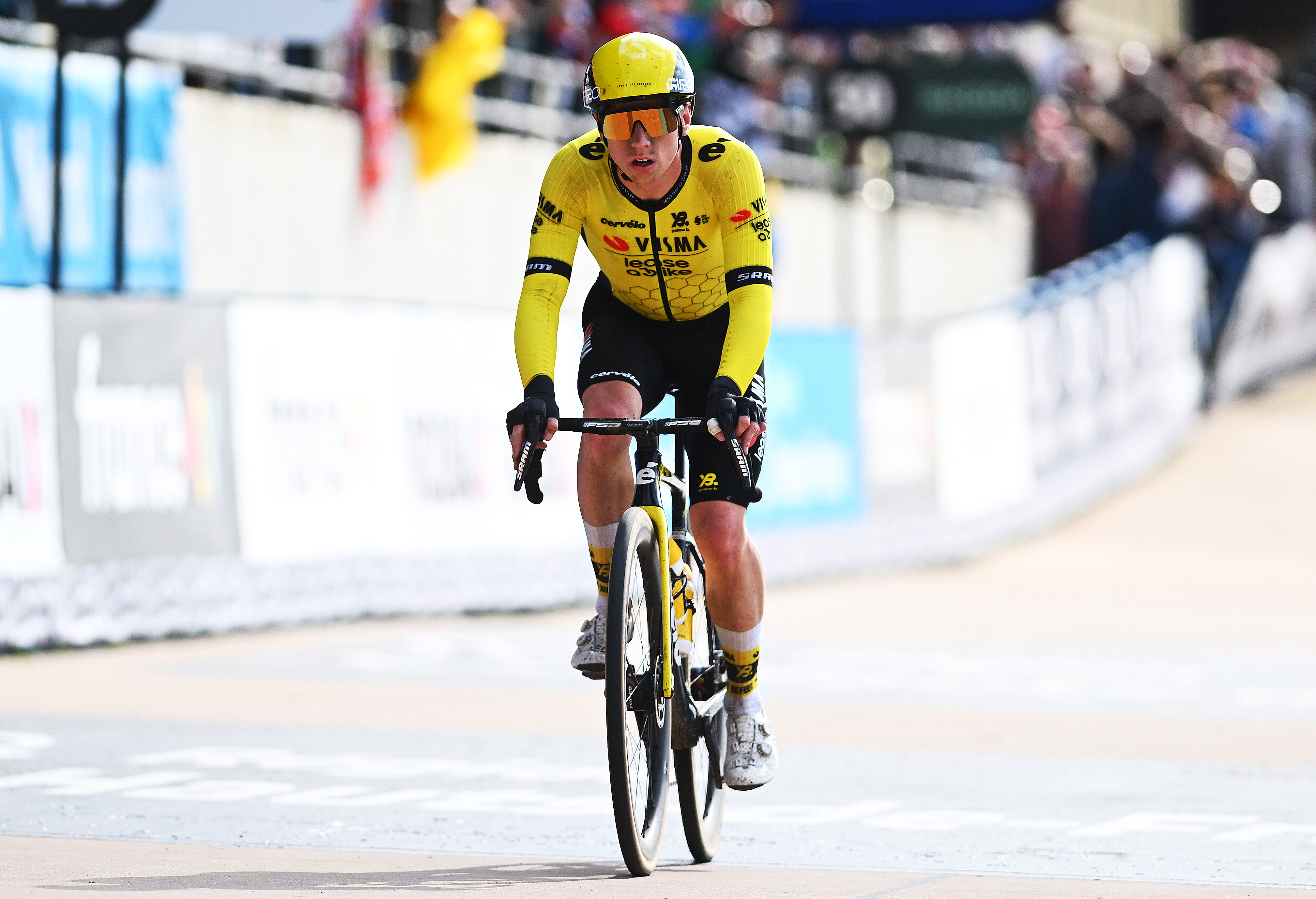 'This is the furthest ride I've actually ever done' - Matthew Brennan lights up Paris-Roubaix at 19 years old
'This is the furthest ride I've actually ever done' - Matthew Brennan lights up Paris-Roubaix at 19 years oldThe day's youngest rider reflects on 'killer' Monument debut
By Tom Davidson Published
